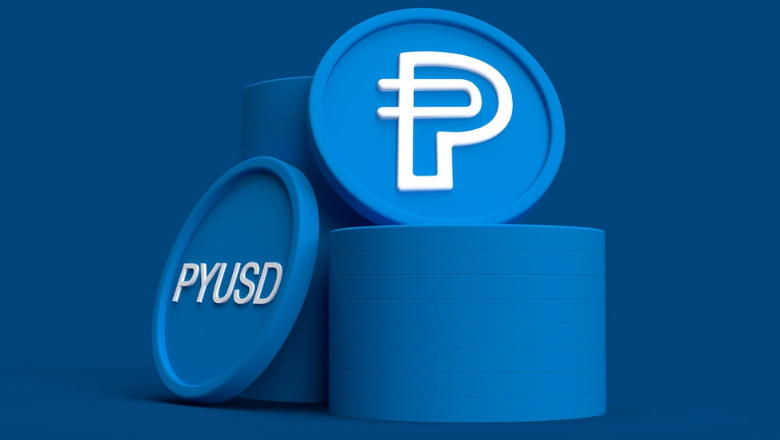PayPal’s U.S. dollar-backed stablecoin, PYUSD, appears to have gone live on the Arbitrum Layer 2 blockchain, expanding its reach beyond Ethereum and Solana. The news comes not through a press release, but via a stealth update to the company’s crypto terms and conditions, revised on July 16.
The updated policy now states:
“PYUSD is issued by Paxos, not PayPal, on each of the Ethereum, Solana, and Arbitrum cryptocurrency networks.”
This is the first official reference to Arbitrum support. A comparison with the July 11 version of the page — archived by the Wayback Machine — confirms that Arbitrum was not listed previously. Additionally, the “Transaction Limits” section has been revised to include Arbitrum-based PYUSD activity.
Although PayPal has not made a public statement, industry watchers interpret the update as a signal that Arbitrum integration is now live.
Broader Multichain Strategy for PYUSD
PYUSD launched in August 2023, initially built on the Ethereum blockchain, and issued by Paxos Trust Company. It is fully backed by U.S. dollar reserves, short-term Treasury securities, and cash equivalents — with the goal of providing a regulated, commerce-ready stablecoin.
In a statement at launch, PayPal CEO Dan Schulman emphasized the need for a digitally native asset tied to fiat:
“The transition to digital currencies demands a reliable and stable medium of exchange connected to the dollar.”
Solana support was added in May 2024, extending the coin’s utility by offering low fees and fast settlement, in line with PayPal’s ambitions for real-world payment use cases.
Now, with Arbitrum integration, PayPal is tapping into a scalable, Ethereum-compatible ecosystem popular among DeFi users and developers. Notably, Paxos itself joined the Arbitrum network in September 2024, laying the groundwork for broader stablecoin and tokenization activity.
Why Arbitrum Matters for Stablecoins
Arbitrum has quickly become one of the leading Ethereum Layer 2 solutions, offering faster transaction speeds and lower gas costs while maintaining security through Ethereum’s base layer. Its addition marks a significant expansion for PYUSD’s reach in the decentralized ecosystem.
This integration also hints at PayPal’s ongoing multichain ambitions, positioning PYUSD to compete more directly with USDC and USDT across a growing range of networks.


